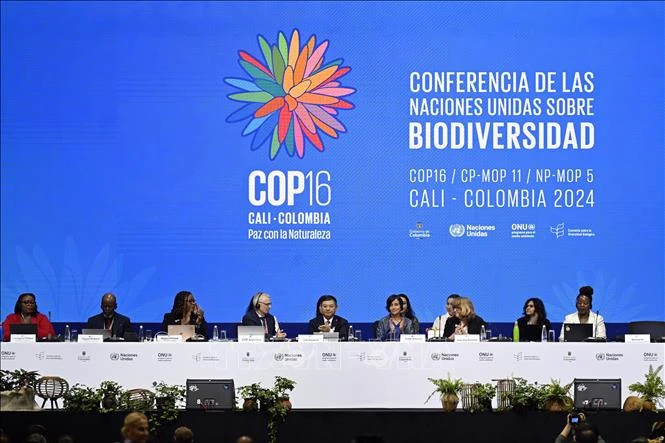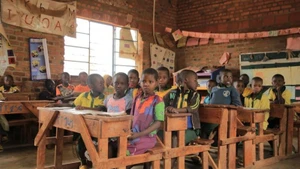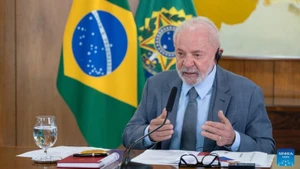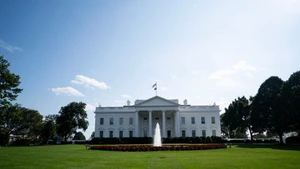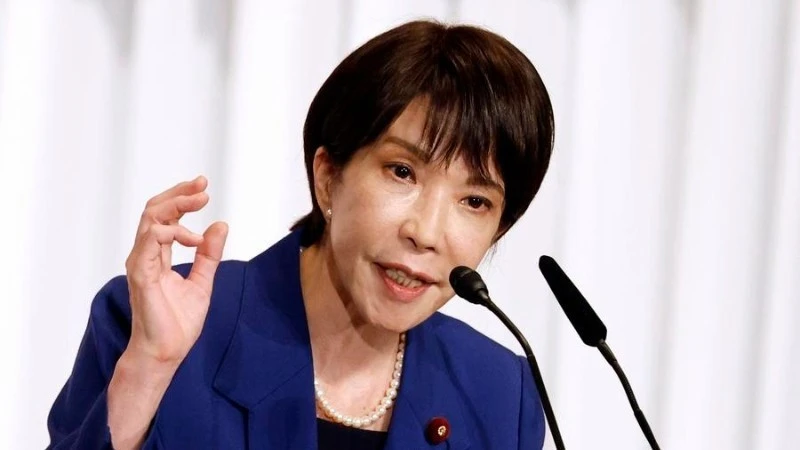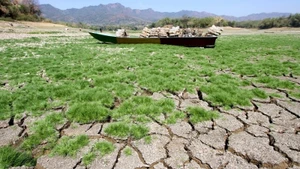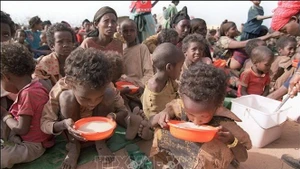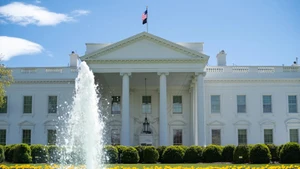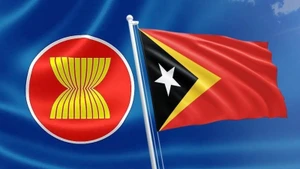Adopted in 2022, the Kunming-Montreal Global Biodiversity Framework (GBF) sets out 23 urgent targets to be achieved by 2030, including restoring and conserving at least 30% of the planet’s land and marine areas while preventing the extinction of numerous animal and plant species.
Held in Cali, Colombia, in late October and early November 2024, COP16 marked the first time CBD parties convened to accelerate progress toward the GBF goals.
A series of significant decisions were adopted during COP16, notably including commitments to ensuring the rights and participation of indigenous peoples and local communities in biodiversity conservation efforts.
Additionally, the Cali Fund was established to ensure fair and equitable sharing of benefits derived from Digital Sequence Information (DSI) on genetic resources from animals, plants, and microorganisms. Another key message from COP16 emphasised that biodiversity protection is inseparable from global efforts to tackle pressing challenges such as climate change.
However, many issues remained unresolved even after the conference extended beyond its scheduled duration, revealing continued disagreements among participants. One of COP16’s main focuses was “unlocking finance” to strengthen biodiversity protection.
Yet, efforts to mobilise financial resources were hampered by differing perspectives among CBD members. Developing countries argued that the financial commitments to the Global Biodiversity Framework Fund and the Kunming Biodiversity Fund were insufficient, while also highlighting barriers to accessing and disbursing funds.
Expressing concern over these challenges, Susana Muhamad, COP16 President and Colombia’s Minister of Environment, proposed the creation of a new fund, but this was rejected. Developed nations contended that establishing another fund would only further fragment financial mobilisation efforts.
These financial disagreements are among the key issues to be addressed in the upcoming negotiations in Rome, which aim to reach consensus on a strategy to mobilise 200 billion USD annually by 2030 — seen as the minimum investment needed to reverse biodiversity loss.
Additionally, the completion of a monitoring framework for the GBF remains an urgent task. Discussions in Rome will also explore the possibility of establishing a new financial instrument to ensure effective and rapid resource mobilisation, disbursement, and allocation.
Restoring, conserving, and managing biodiversity is no easy task, requiring a delicate balance between economic, social, and environmental policies. This challenge weighs heavily on many nations, especially developing countries. Such instability threatens to further erode the trust among CBD parties.
Meanwhile, climate change, pollution, deforestation, and excessive wildlife exploitation continue to devastate the planet, pushing many species to the brink of extinction. As “mother nature” continues to send distress signals, the Rome session takes on even greater significance — not only in bridging financial disagreements but also in guiding the international community toward the goal of “peace with nature”, the very theme of COP16.
